Optimal Seasons for Shrub Trimming
Shrub trimmings are a vital part of maintaining healthy and attractive landscaping. Proper timing ensures optimal growth, disease prevention, and aesthetic appeal. Understanding the seasonal cycles of shrubs helps determine the most effective periods for trimming.
Ideal for shaping and removing dead or damaged branches before active growth begins.
Used for light shaping and controlling growth during the active season.
Suitable for pruning after the main growth period to prepare shrubs for winter.
Limited to specific shrubs; best for dormant plants to avoid stress.
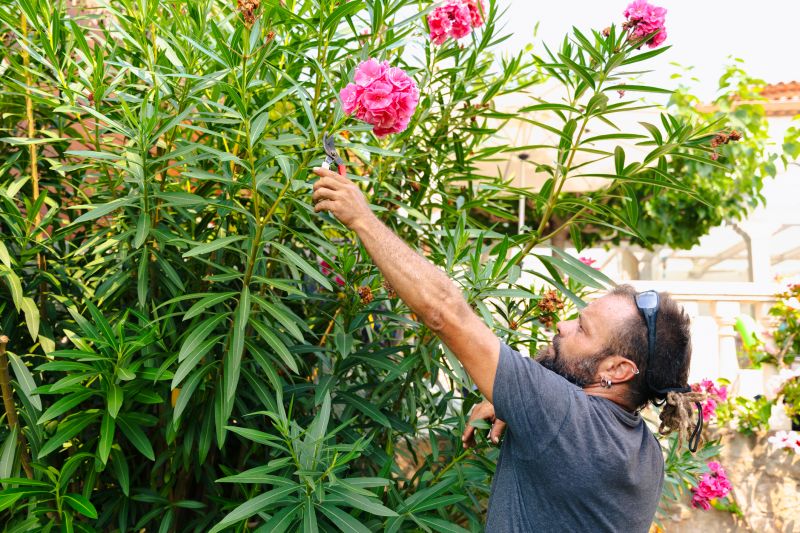
Pruning during early spring promotes healthy growth.
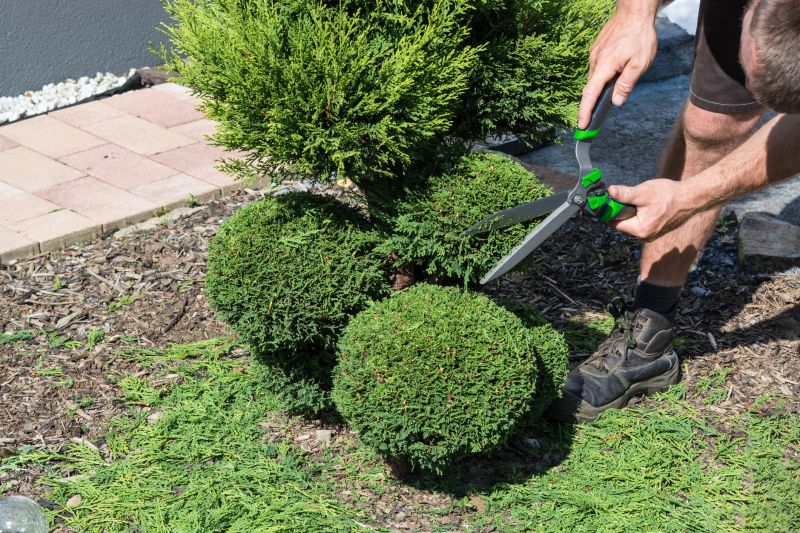
Light trimming helps maintain shape during peak growth.
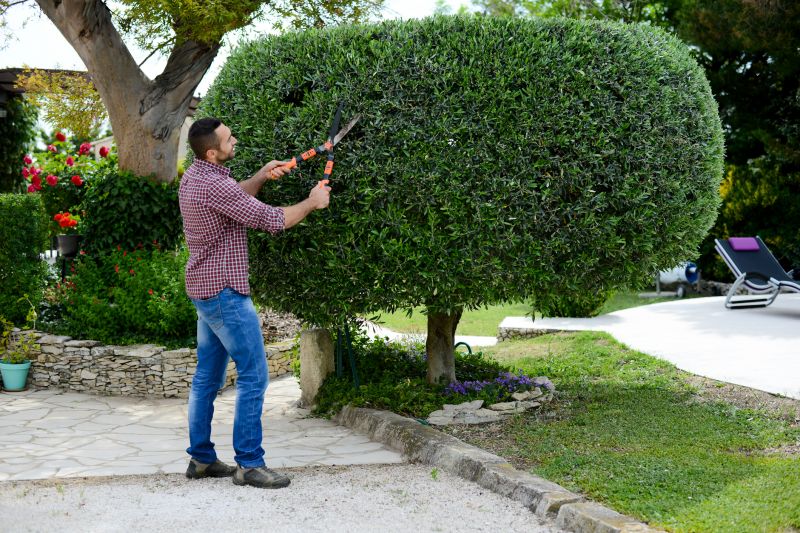
Prepares plants for winter dormancy.
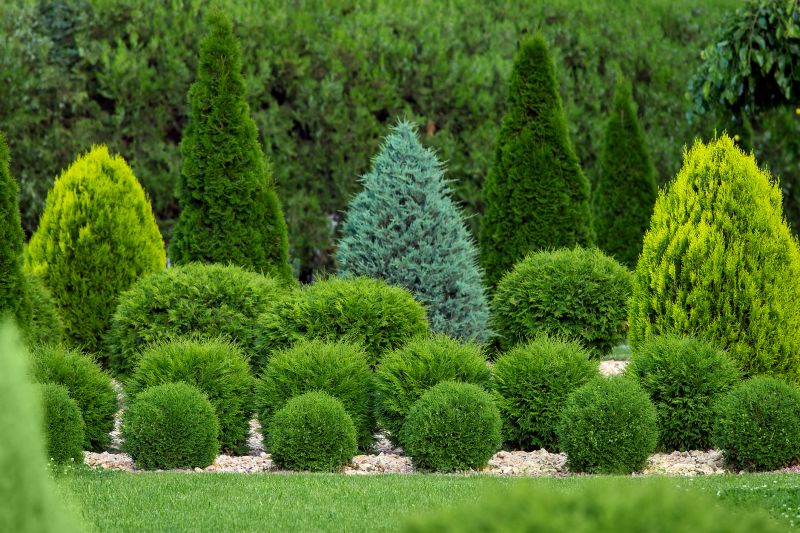
Ways to make Shrub Trimmings work in tight or awkward layouts.
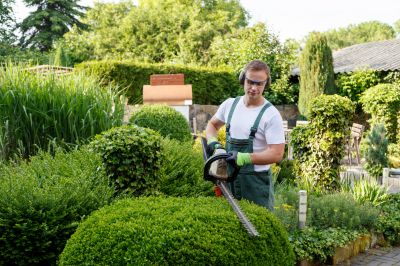
Popular materials for Shrub Trimmings and why they hold up over time.
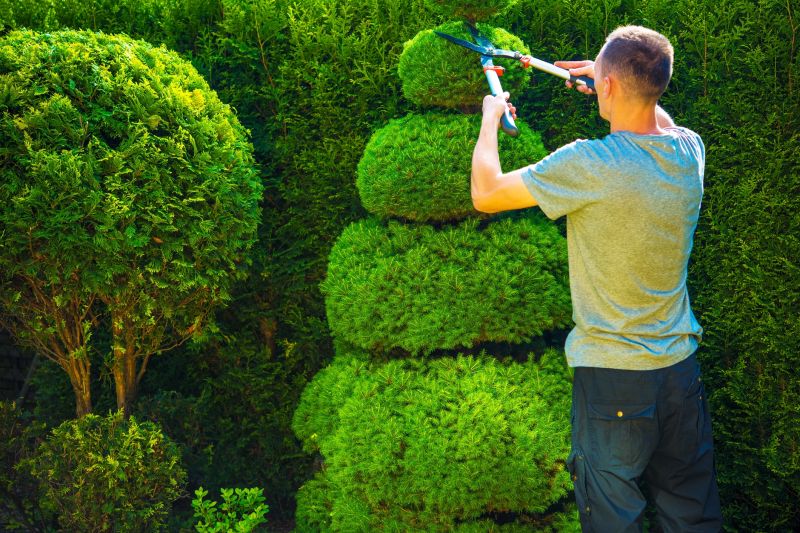
Simple add-ons that improve Shrub Trimmings without blowing the budget.
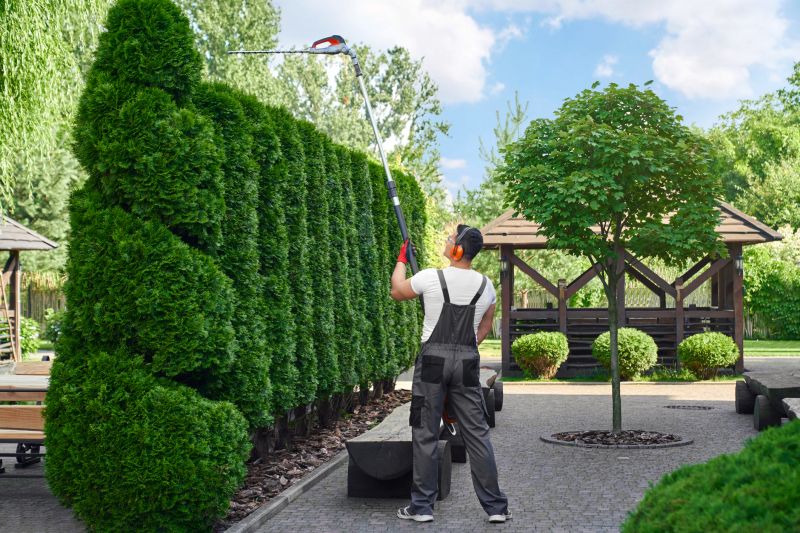
High-end options that actually feel worth it for Shrub Trimmings.
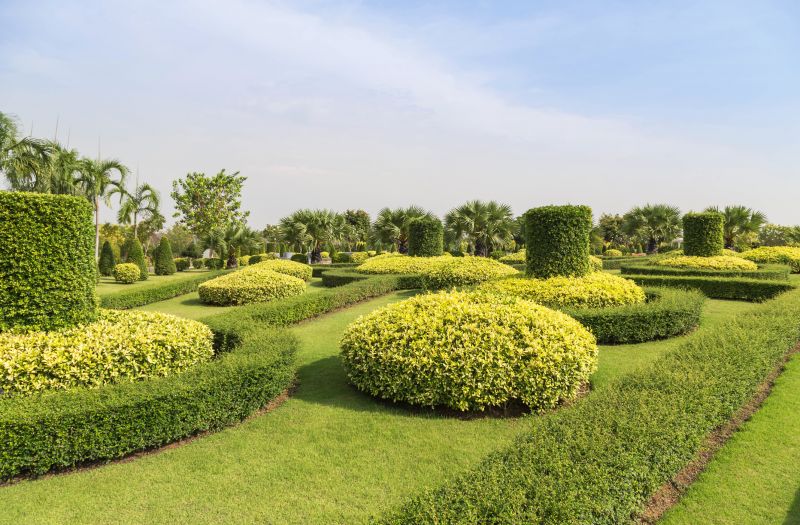
Finishes and colors that play nicely with Shrub Trimmings.
| Season | Recommended Activities |
|---|---|
| Spring | Shape shrubs, remove deadwood, encourage new growth |
| Summer | Perform light trimming, control size, remove overgrowth |
| Fall | Prune to reduce winter stress, remove fallen leaves |
| Winter | Limited trimming, focus on dormant shrubs |
Shrub trimmings play a crucial role in landscape management. Proper trimming enhances plant health by removing diseased or damaged branches and stimulating new growth. Regular maintenance can improve the appearance of shrubs, increase airflow, and reduce pest issues. Different shrub species have specific trimming needs, and timing can influence flowering and fruiting cycles. For instance, flowering shrubs often require pruning immediately after blooming to avoid cutting off future blossoms.
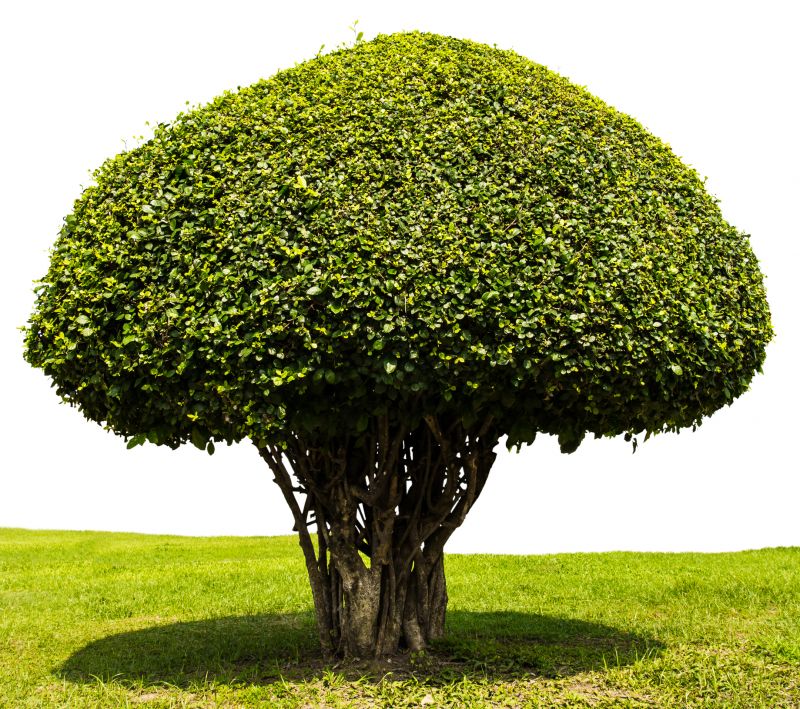
Proper trimming promotes vigorous growth.
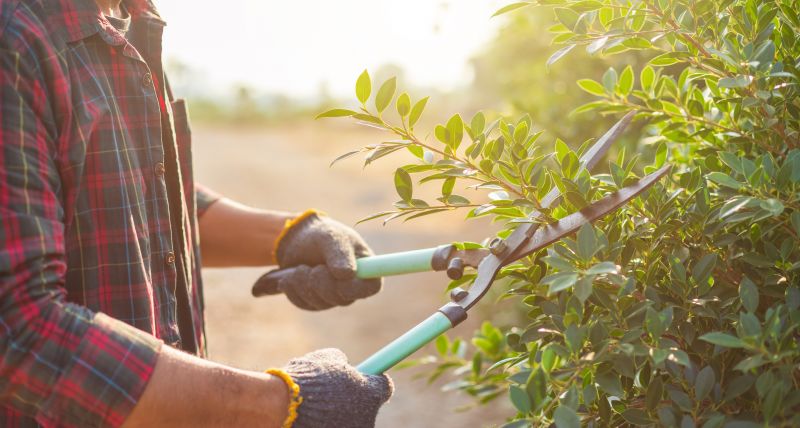
Using sharp tools ensures clean cuts and healthy recovery.
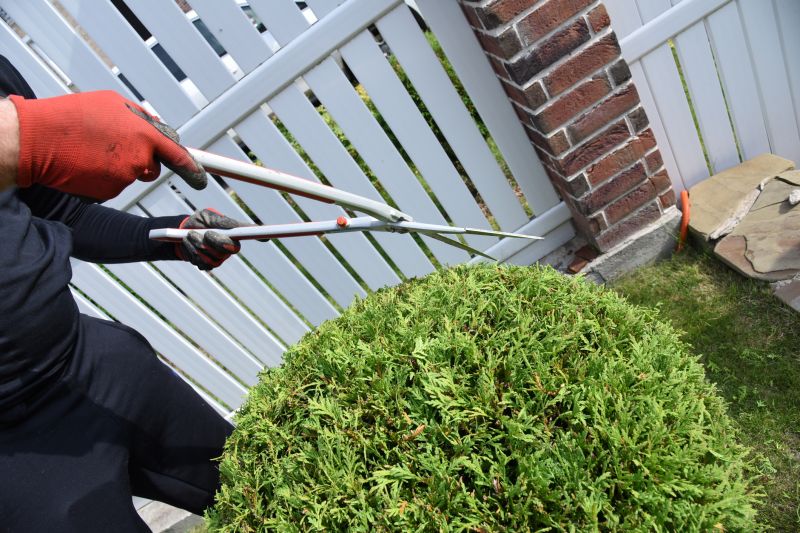
Adjust trimming schedules based on seasonal growth patterns.
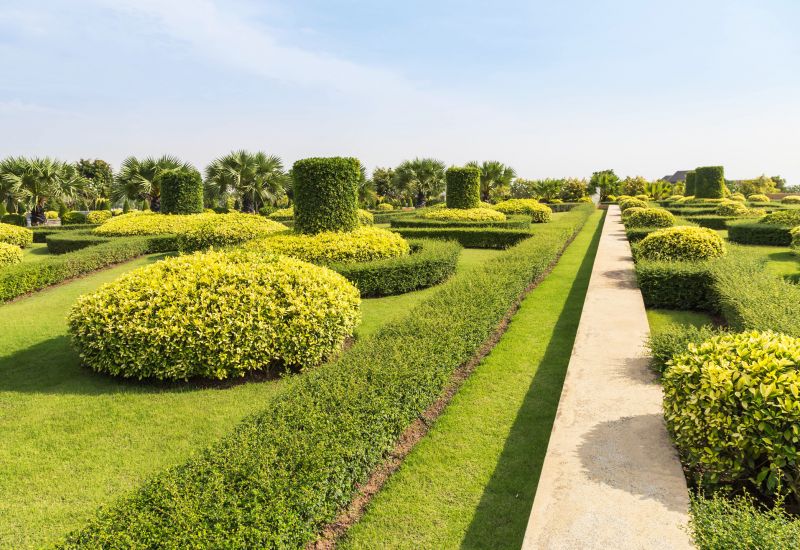
Regular trimmings help maintain desired shapes and sizes.
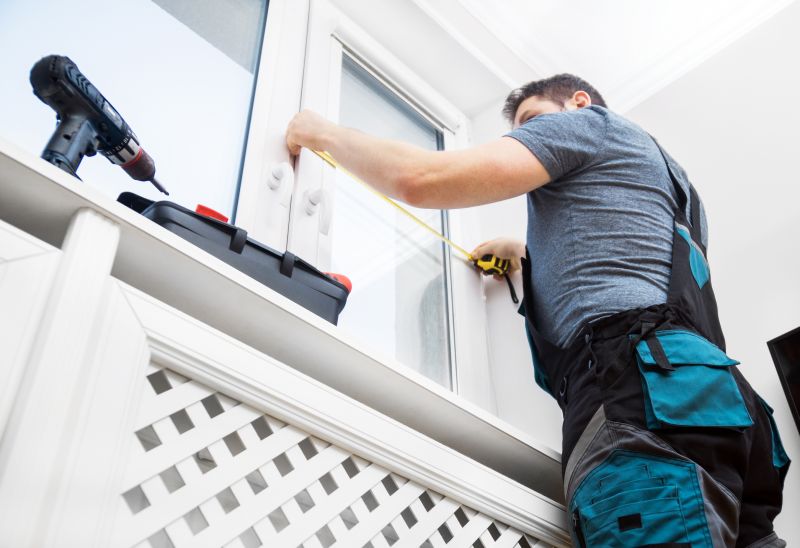
Little measurements that prevent headaches on Shrub Trimmings day.
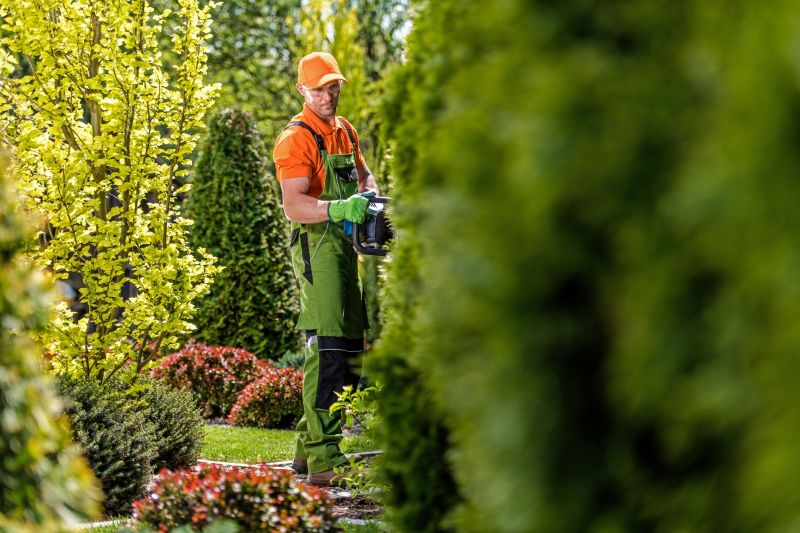
A 60-second routine that keeps Shrub Trimmings looking new.
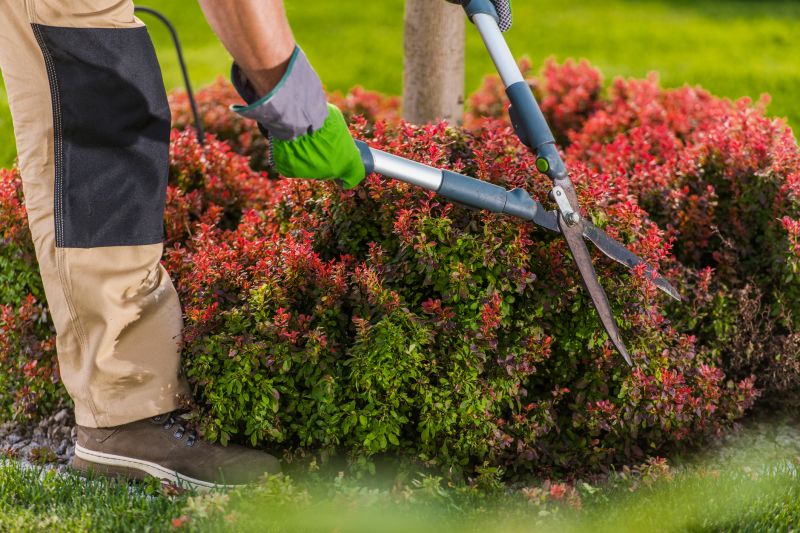
A frequent mistake in Shrub Trimmings and how to dodge it.

Small tweaks to make Shrub Trimmings safer and easier to use.
Frequency depends on shrub type and growth rate, typically from once to several times a year.
Trimming is most effective during specific seasons; consult shrub-specific guidelines.
Sharp pruning shears, loppers, and saws are recommended for clean cuts.
Timing trimming correctly can promote better flowering and fruit production.
